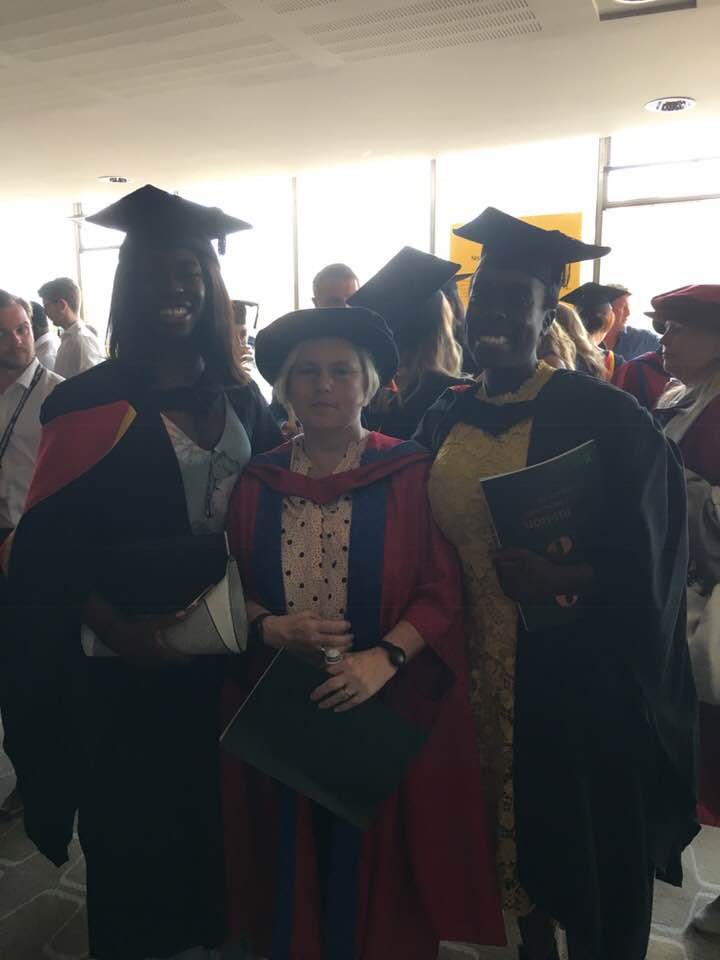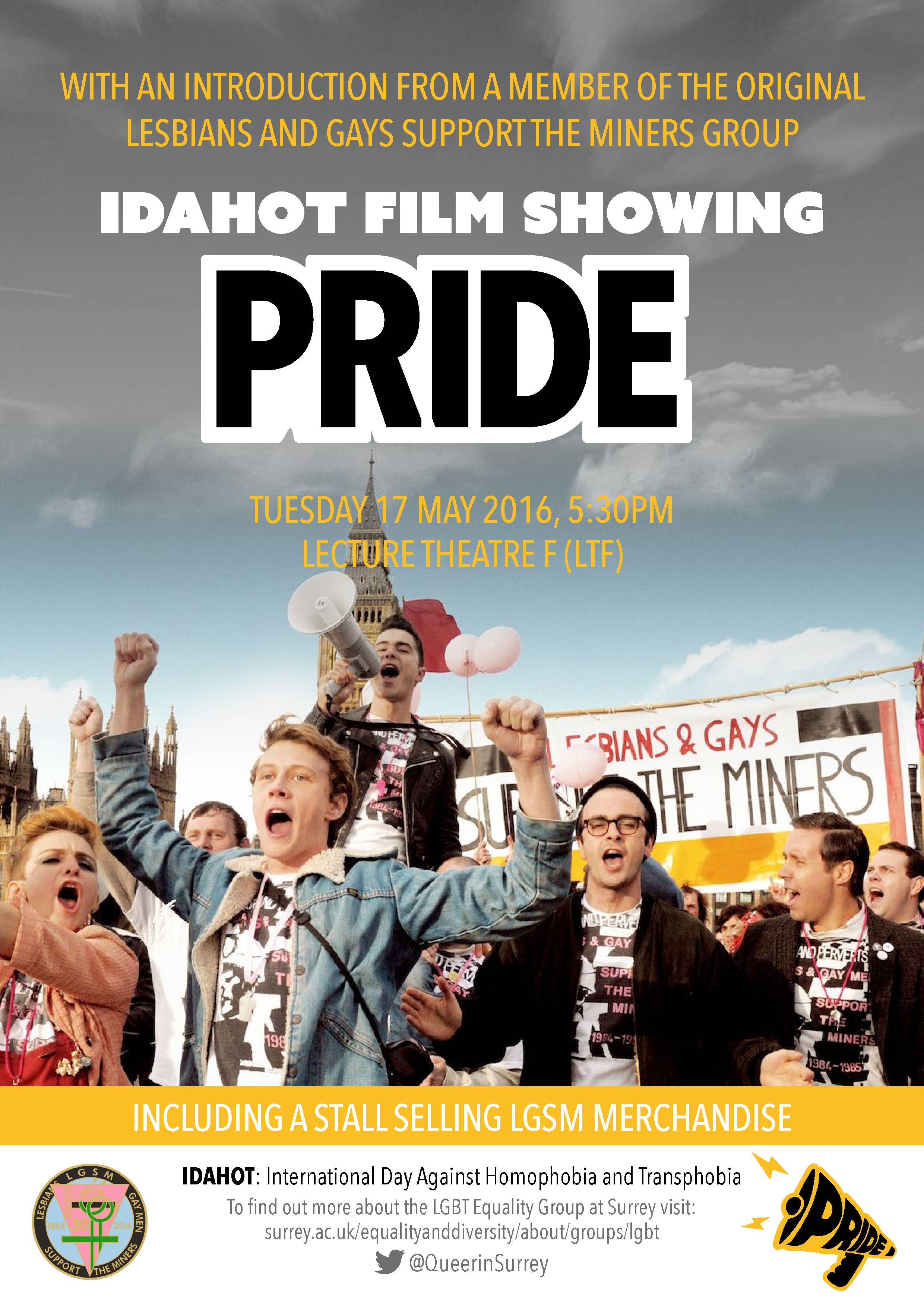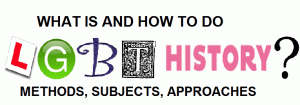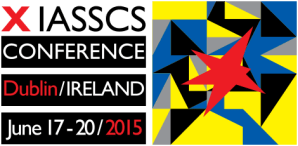Since I’ve been on this site. When I was last here, I was making plans to write. I then subsequently bemoaned the fact that my time had been taken up with course production and teaching material writing. But I still had hopes of getting back to writing for myself. Of course that was my grand planning self talking back then. The version of me that has zero ability to track tasks against the time available.
Suffice to say that writing didn’t happen, or more to the point writing destined for the public domain didn’t happen. Instead those precious weekly hours I intended to use for my own writing were once again hijacked and channelled into other areas, including into the online teaching material production. This was quickly followed by the cyclical upsurge in undergraduate programme course director tasks; which is not unexpected and usually planned for, as was the case this academic year. Exam Board now completed, it is just the fallout from that that needs to be cleared away, and that should soon be put to bed. As too will the online teaching material production, which is on going but easing off. I can genuinely say there is light at the end of that particular tunnel.
So this brings me back to examining where I am in relation to my research and writing. Earlier this year I was encouraged to send out a cheeky abstract for a conference, Pride in Research 2024, which is taking place on 27th June at Trinity College, Dublin. So I am pleased to announce that I will be heading to TCD in a couple of weeks (just under two), to present Lesbian relationships: Marginal or mainstream. Which means that for the next two weeks, I will be getting my act together and getting back to what I always thought of as my happy place.
Beyond the conference at the end of the month, I need to return to the ‘paper that will never end’ and see if I can finally get back to the reviewer comments and push it back out. Then I will be getting a head start on a research proposal. And, as I am no longer doing UG research methods teaching in September I can dedicate what would have been lecture review time to reviewing where I am in terms of writing projects and getting a (realistic) plan in place.






